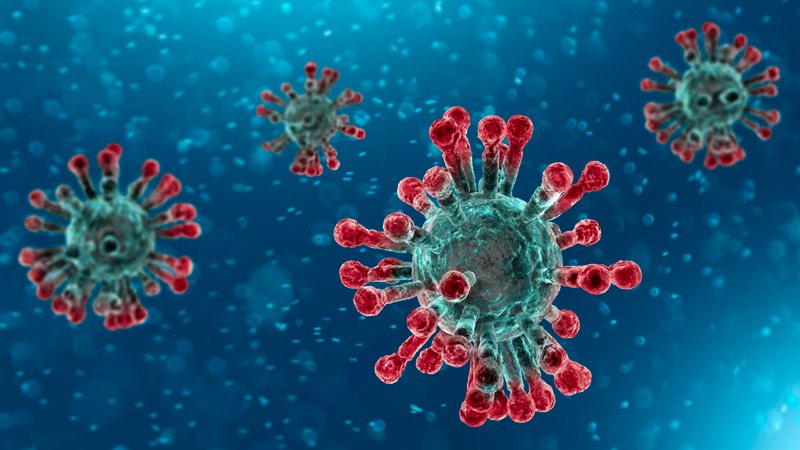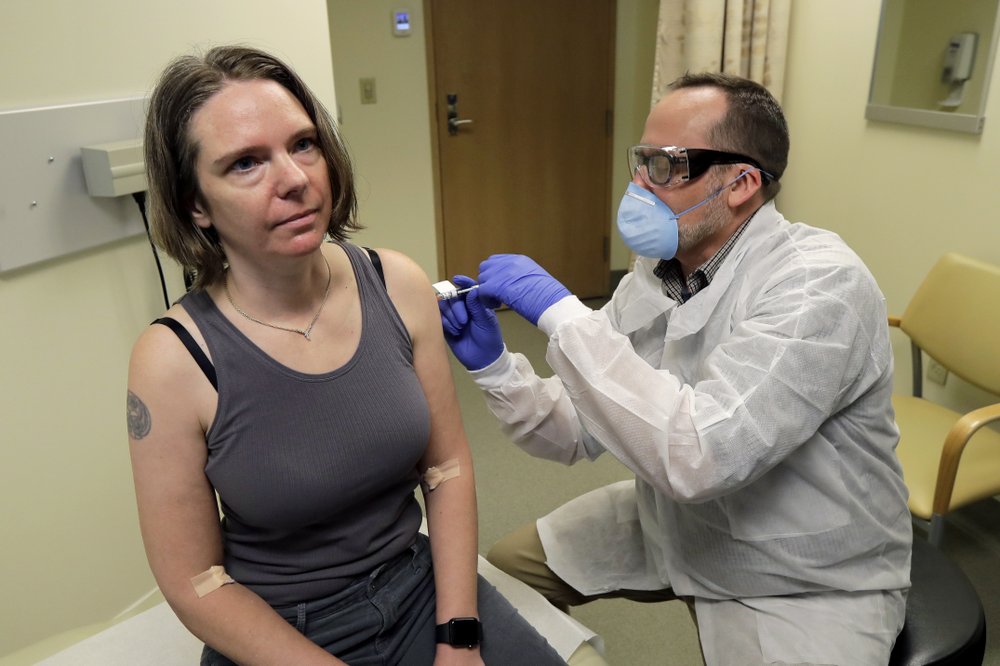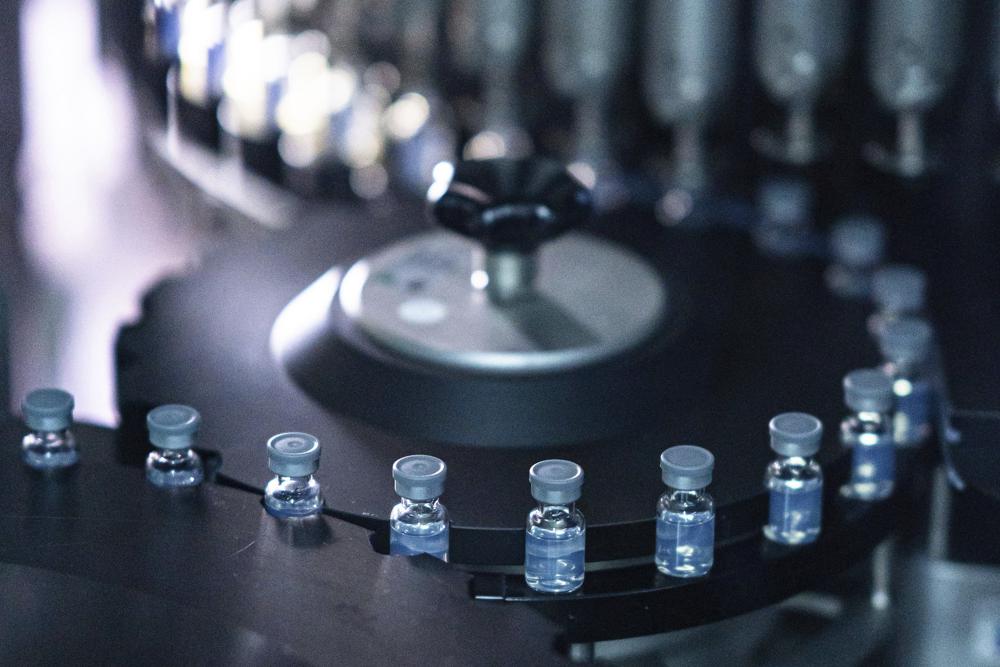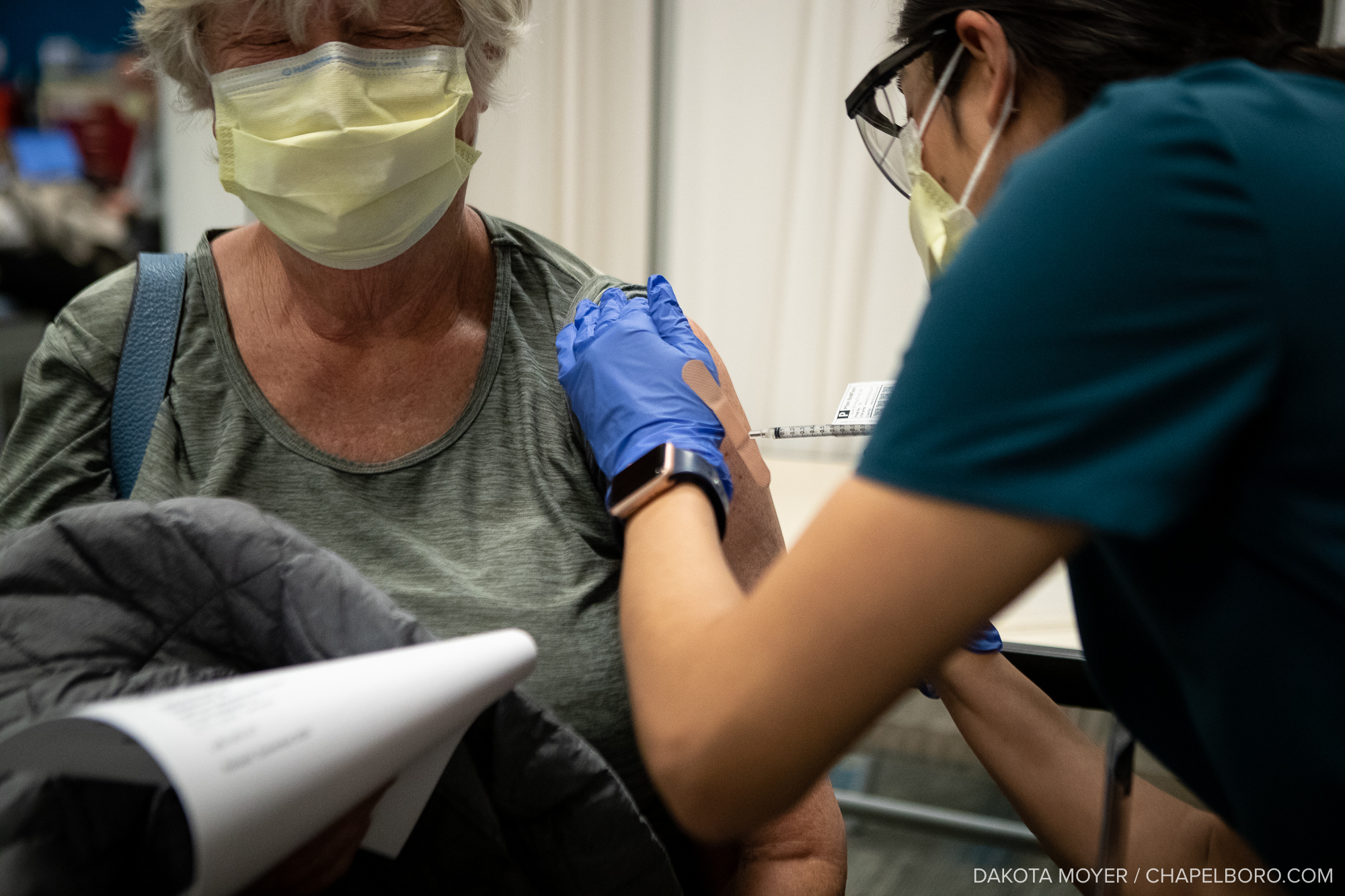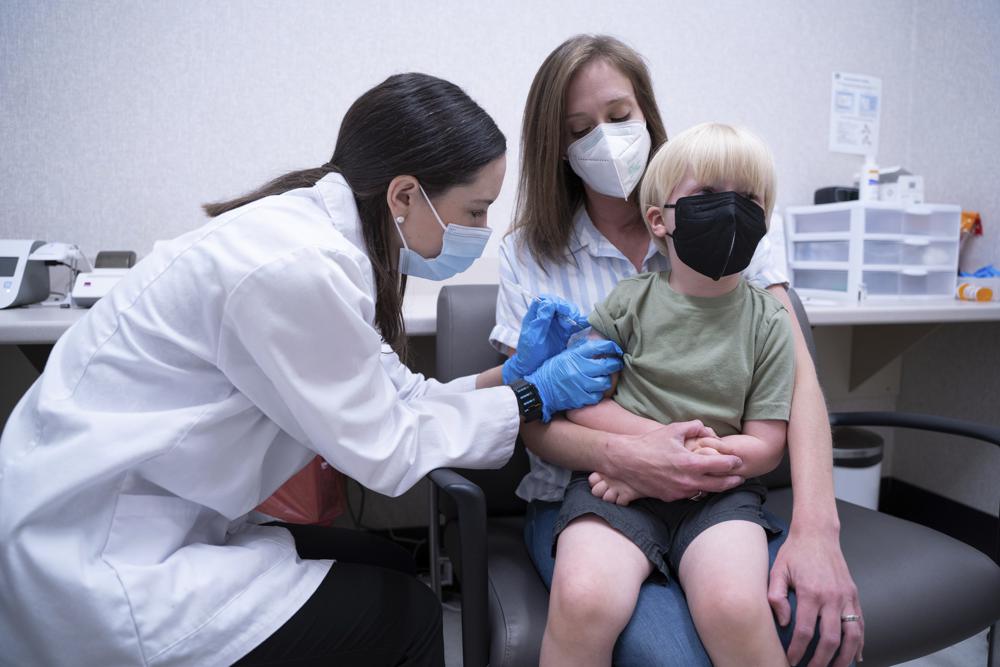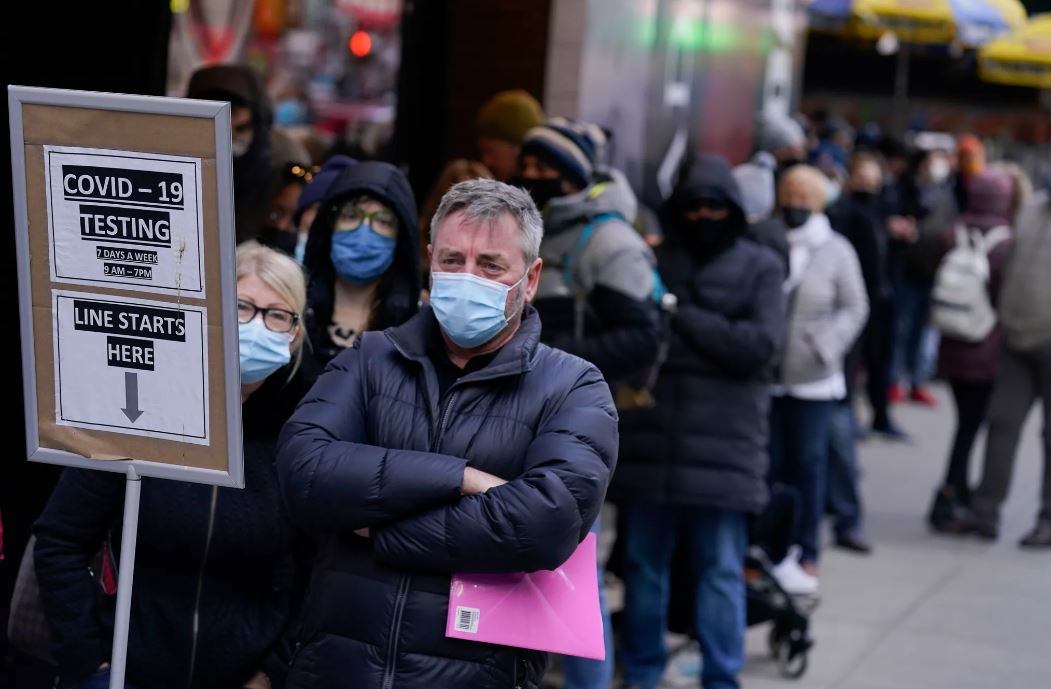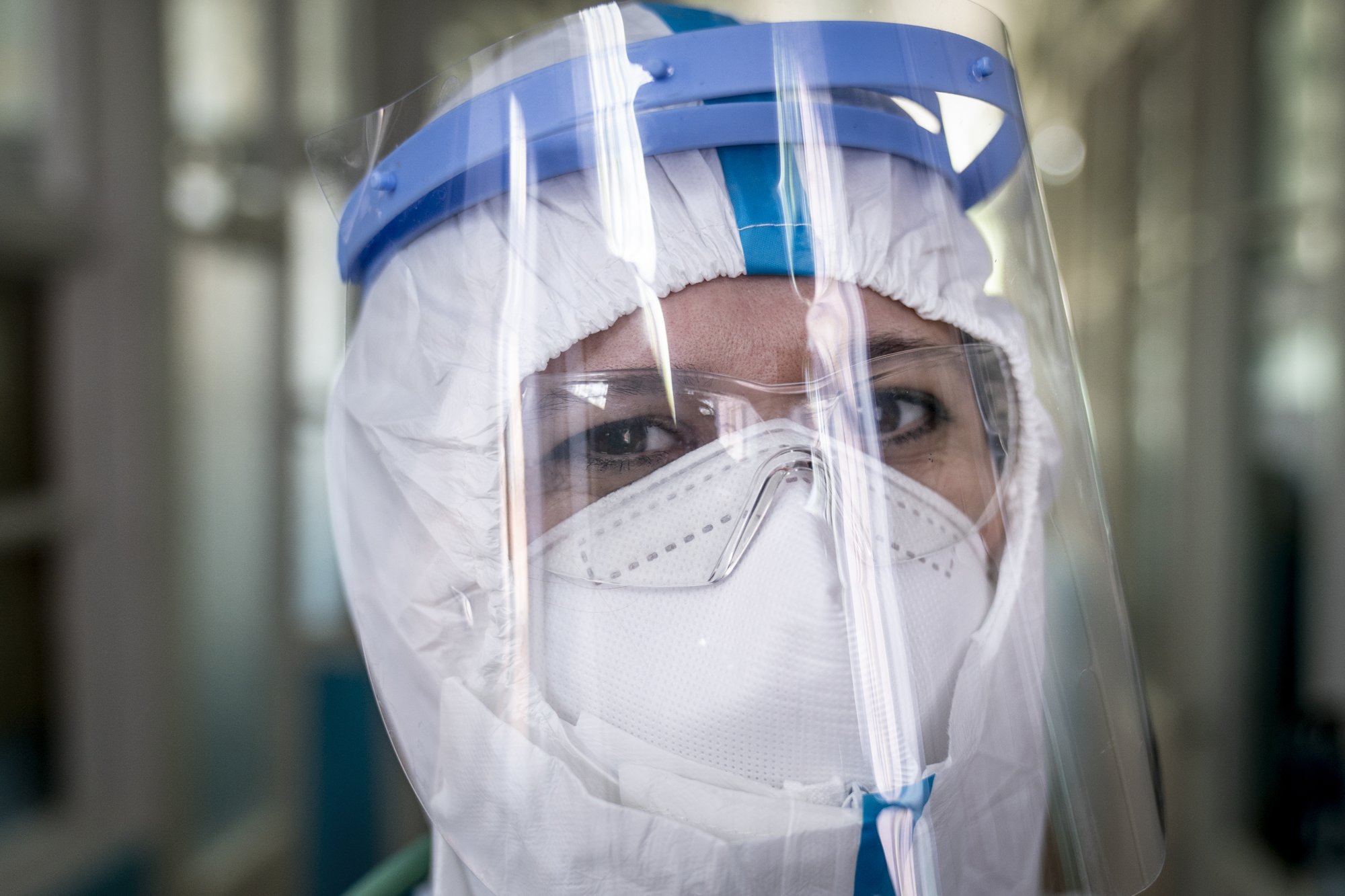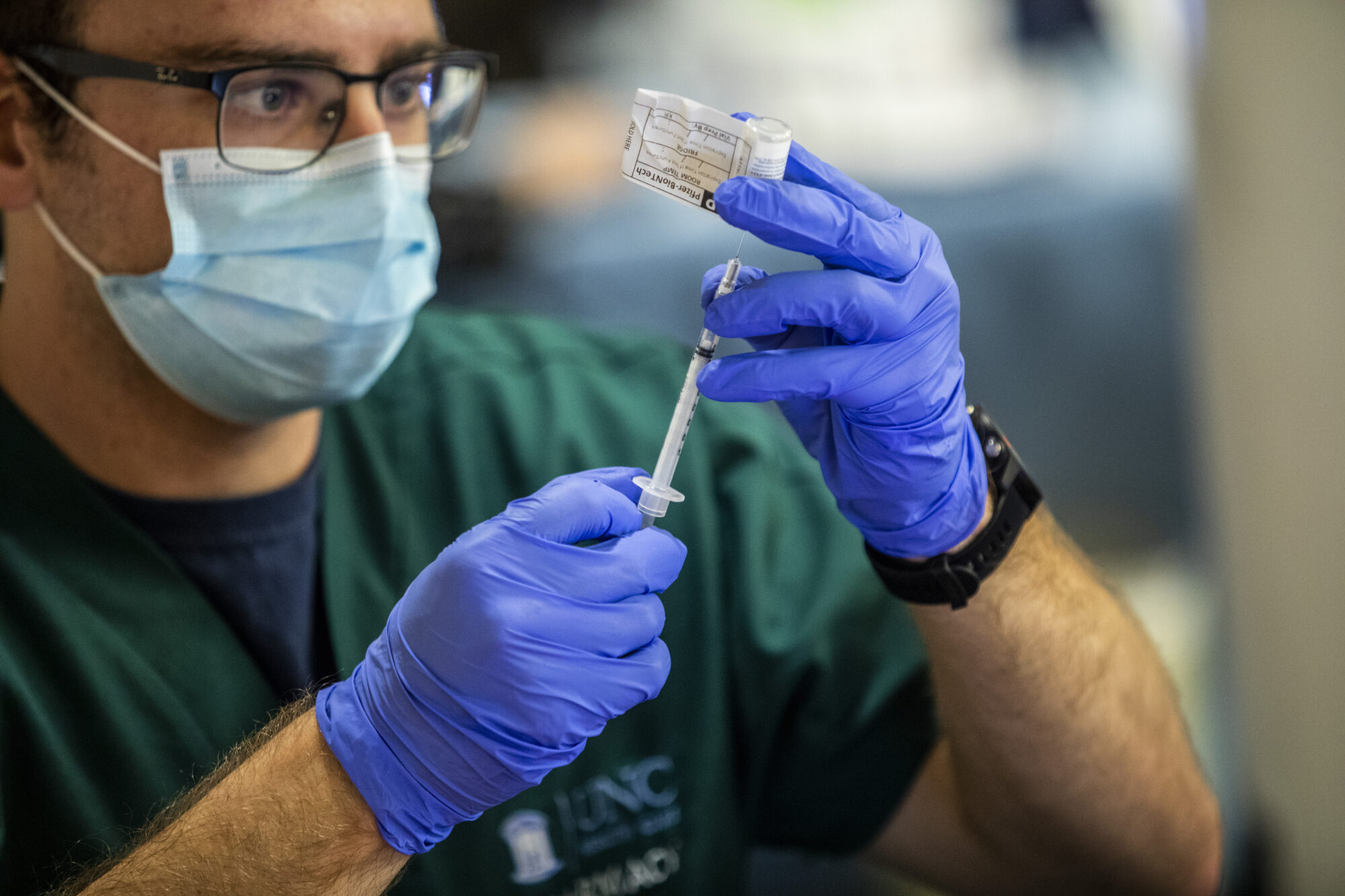As the nation continues its fight against the coronavirus, scientists near and far are working tirelessly towards a vaccine.
To do this, researchers are trying to better understand how the virus has mutated to create an effective vaccine.
Dr. Dirk Dittmer is a professor of microbiology and immunology at UNC. He is currently exploring how genome sequencing can be used to learn and trace the coronavirus’s history and identify mutations.
Genome sequencing is a comprehensive method for analyzing the structure of DNA. A genome is the complete set of genes or genetic material in a cell or microorganism. In this case, the microorganism is the SARS coronavirus.
Looking at the coronavirus’s genome is important as scientists and researchers try to predict what the virus will look like a week, a month and a year from now.
This means figuring out if the virus will continue to mutate and what that means for future patients.
“Will it be worse or will it weaken,” Dittmer asked. “How will we adjust our clinical care to patients that will come in the fall? We do that by sequencing the viral genomes of patients at UNC Hospital.”
These infected patient’s genomes are then compared to other SARS genomes, from people around the world and in North Carolina, to look for similarities, differences and mutations.
When it comes to mutation, Dittmer said the virus doesn’t actually know what’s good or bad.
“The virus simply wants to transmit itself,” Dittmer said. “That’s important because a virus that is very good at transmitting itself from one person to another is not often the most deadly virus.”
Dittmer said if a virus makes the majority of people extremely ill, it has less of a chance to be spread because more people would be forced to stay home. But if a virus causes a majority of people to have more mild symptoms, it has a better chance of spreading and finding more hosts as people go about their normal lives. This is one of the reasons COVID-19 is so infectious.
When looking at virus mutation, Dittmer said this sequencing approach plays a very immediate role in clinical care, vaccine development and testing.
“Current tests target a very tiny part of the viral genome,” Dittmer said. “So if that part [of the genome] were to mutate, all tests would become useless. The good news is that that part of the virus really does not mutate.”
He said both the CDC and UNC’s Medical Center specifically designed their tests to target the part of the virus that rarely mutates which, in turn, makes them universal.
“All vaccines target a specific protein on the virus envelope called spike,” Dittmer said. “Again, if that specific protein mutates then the vaccines will fail. The good news is that coronaviruses are not at all like the flu or the seasonal flu. They don’t change much.”
The spike protein is the major surface protein that the coronavirus uses to bind to a receptor protein on a human cell. After the spike protein binds to the human cell receptor, the viral membrane fuses with the human cell membrane, allowing the genome of the virus to enter human cells and begin infection.
While Dittmer said these spike proteins don’t change a lot, they do change a little.
This is why he said it’s very important that all strains of the coronavirus are represented in the vaccine design. If new strains are observed after the development of the vaccine, the vaccine will have to be adjusted just as it is for the flu every year.
Again, by looking at a viruses genomic sequencing, scientists can determine where the virus was introduced from – whether it be from another state or out of the country – and how it has mutated since introduction.
Dittmer said these understandings will be crucial as a universal vaccine continues to be developed.
“What we’re really interested in is to make sure that there is no new virus coming to the stage that we couldn’t detect and that the vaccine wouldn’t work against,” Dittmer said.
Chapelboro.com does not charge subscription fees. You can support local journalism and our mission to serve the community. Contribute today – every single dollar matters.

